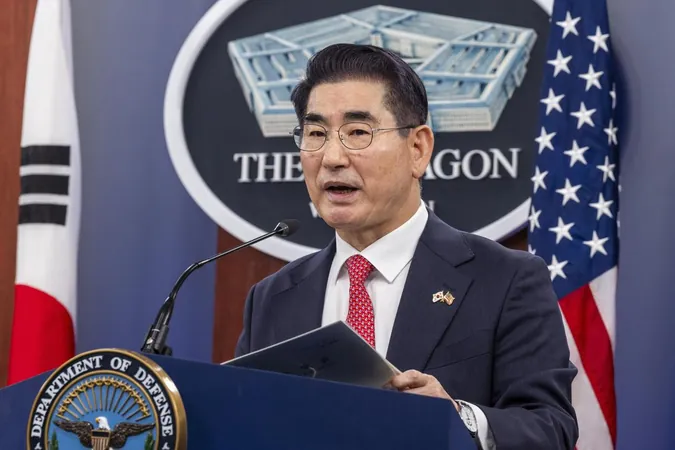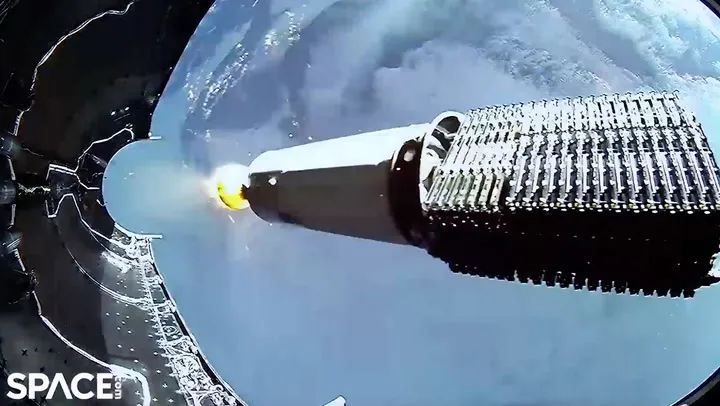
Controversy Erupts as Former South Korean Defense Minister Justifies Martial Law Actions Amid Insurrection Charges
2024-12-19
Author: Jia
Controversy Erupts over Martial Law Actions
Former Defense Minister Kim Yong-hyun finds himself at the center of a political storm, currently detained and under investigation for insurrection and abuse of power. In a recent statement from the Eastern Detention Centre in Seoul, he defended the controversial martial law declared by President Yoon Suk Yeol on December 3, asserting that it was necessary to eliminate what he termed "anti-state forces" and secure a free future for South Korea.
Defense of Martial Law by Kim Yong-hyun
Kim claimed, "The martial law was aimed at protecting the state and ensuring it is passed down to future generations." He further suggested that the decision to implement martial law was based on his recommendation to the president, declaring the military’s response as lawful and honorable.
Scrutiny and Investigations
The martial law, which lasted for six hours over December 3rd and 4th, has faced scrutiny, with numerous military commanders now under investigation for their roles in the enforcement of these actions. High-profile figures such as Kim, Martial Law Commander Park An-su, and several other top military officials have been arrested amid this ongoing investigation.
Criticism of the Investigation
Kim has criticized the prosecution’s efforts, labeling the investigation as “an insult to the military.” He argues that the prosecution has failed to provide solid evidence to substantiate claims that the martial law constitutes an act of insurrection.
Mobilization of Troops
Testimonies from high-ranking military and government officials have suggested that troops were mobilized to arrest a number of prominent politicians and critics of the government. In addition to deploying soldiers to the National Assembly, military units were sent to the National Election Commission (NEC) under the pretext of investigating allegations of election fraud.
Conflicting Reports on Election Integrity
Complicating the matter, the National Intelligence Service (NIS) recently conducted a security inspection of the NEC and reported no evidence of any irregularities—an assertion that contradicts President Yoon’s claims made in a public address, where he suggested that the NEC had resisted an NIS inspection regarding potential past election tampering.
Implications for South Korea's Political Landscape
As this situation unfolds, the implications for South Korea’s political landscape could be profound, raising questions about the balance of power between military and civilian authorities and the integrity of the nation's democratic processes.



 Brasil (PT)
Brasil (PT)
 Canada (EN)
Canada (EN)
 Chile (ES)
Chile (ES)
 España (ES)
España (ES)
 France (FR)
France (FR)
 Hong Kong (EN)
Hong Kong (EN)
 Italia (IT)
Italia (IT)
 日本 (JA)
日本 (JA)
 Magyarország (HU)
Magyarország (HU)
 Norge (NO)
Norge (NO)
 Polska (PL)
Polska (PL)
 Schweiz (DE)
Schweiz (DE)
 Singapore (EN)
Singapore (EN)
 Sverige (SV)
Sverige (SV)
 Suomi (FI)
Suomi (FI)
 Türkiye (TR)
Türkiye (TR)